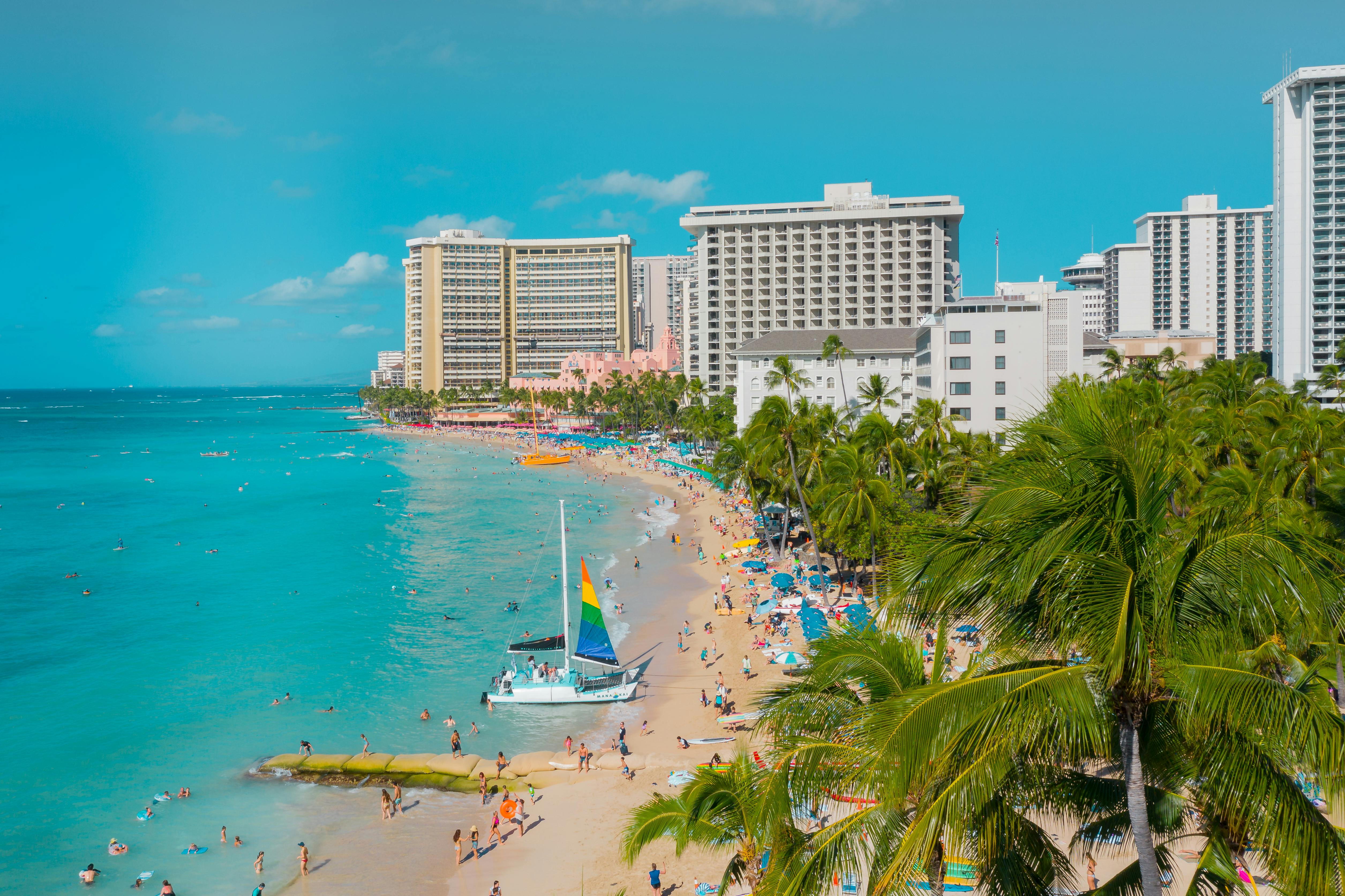Digital Advantage in Premium Hospitality

Q1. Could you start by giving us a brief overview of your professional background, particularly focusing on your expertise in the industry?
I’ve spent over three decades in the hospitality industry, currently serving as Vice President of Operations at Marriott International. My journey has taken me across multiple countries and roles, each deepening my understanding of operational excellence, cultural nuance, and the evolving expectations of luxury travelers. Beyond my corporate role, I contribute to academic and thought-leadership initiatives, including my doctoral research with the University of Las Palmas de Gran Canaria and collaborations with institutions such as the University of Florida, where I served on its research committee for the Eric Friedheim Tourism Institute. My focus lies in shaping experiential luxury hospitality in the Caribbean and Latin America, where culture, emotion, and service converge to create transformative guest experiences. I also keep a blog on this topic www.luxuryvoices.com
Q2. How has the luxury and premium hospitality segment evolved in the Caribbean and Latin America post-pandemic?
The luxury hospitality market in the Caribbean and Latin America has changed significantly since the outbreak. Nowadays, travelers look for experiences with a purpose, solitude, and deeper emotional connections. Boutique resorts, wellness retreats, and culturally immersed experiences that, beyond conventional luxury, have become more popular as a result of this change. In response, operators have elevated sustainability as a key brand pillar, reimagined service delivery, and invested in local storytelling. The area's tenacity and rich history have turned into tactical advantages in creating opulent, genuine, and exclusive experiences.
Q3. How are traveler expectations around authenticity, sustainability, and wellness influencing the way hotels are conceptualized and operated today?
Values, seeking authenticity, environmental responsibility, and holistic well-being, are what motivate today's luxury travelers. As a result, hotel operations and design have been redefined to emphasize wellness architecture, indigenous customs, and local materials. Today's culinary programs highlight local cuisine, spa services incorporate traditional medicinal methods, and sustainability permeates every aspect of life, from energy consumption to community involvement. Hotels are becoming more than just places to stay; they are hubs for experiences that capture the essence of their communities.
Q4. How are hospitality leaders approaching the integration of technology in ways that enhance — rather than replace — human connection?
Technology in luxury hospitality is increasingly seen as a tool to amplify—not replace—human connection. Leaders are investing in digital platforms that streamline operations and personalize guest journeys, while preserving the warmth of human interaction. From AI-driven concierge services to contactless check-in, the goal is to remove friction and allow staff to focus on creating memorable moments. The most successful implementations are those that feel intuitive and invisible, supporting a seamless experience that still feels deeply personal.
Q5. How do you think the region’s cultural richness, natural diversity, and hospitality heritage are being leveraged to create differentiated guest experiences?
The Caribbean and Latin America offer a tapestry of cultures, landscapes, and traditions that are increasingly being woven into the fabric of luxury hospitality. Properties are embracing local artisanship, culinary heritage, and storytelling to create immersive experiences that resonate with guests on an emotional level. Whether it’s a cacao ceremony in Guatemala, a Gombey dance in Bermuda, or a culinary journey through Peru, these elements are not just decorative—they’re transformative. They allow guests to connect with place, people, and purpose in ways that elevate their stay from memorable to meaningful.
Q6. How are loyalty programs and digital ecosystems reshaping competitive dynamics in the premium and luxury categories?
Loyalty programs have evolved from transactional point systems to sophisticated ecosystems that foster emotional engagement and personalized value. In the premium and luxury segments, brands are leveraging data to curate bespoke experiences, exclusive access, and meaningful recognition. Digital platforms now enable seamless integration across travel, lifestyle, and wellness, creating a holistic brand universe. This shift is redefining competition—not just on product, but on relationship depth and brand affinity. The winners are those who understand that loyalty is earned through relevance, not just rewards.
Q7. If you were an investor looking at companies within the space, what critical question would you pose to their senior management?
As an investor, I would ask: “How are you future-proofing your brand by aligning operational strategy with evolving guest values—particularly around culture, sustainability, and emotional experience?” In luxury hospitality, differentiation lies in anticipating and adapting to shifts in traveler expectations. Companies that embed purpose, agility, and local relevance into their DNA are best positioned to thrive. It’s not just about financial performance—it’s about cultural resonance and long-term brand equity.
Comments
No comments yet. Be the first to comment!
